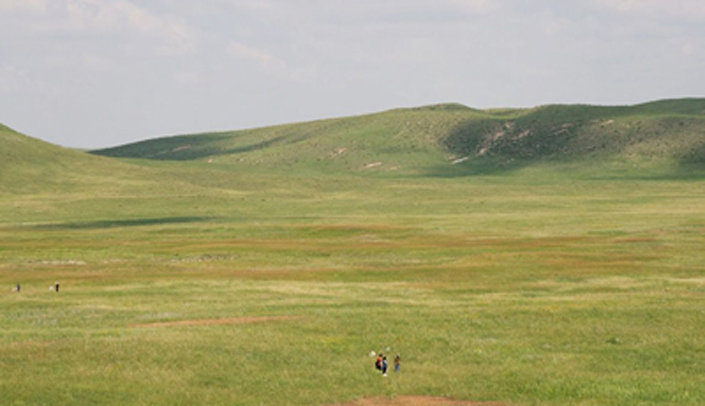 |
Do you buy Nebraska Lottery tickets? If so, you may be greener than you think. Nearly half of the profits (44.5 percent) from the Nebraska lottery are used to fund the Nebraska Environmental Trust (NET). Founded in 1993, its mission is to conserve, enhance, and restore the natural environments of Nebraska. The Nebraska Environmental Trust, established in 1992, and the State Lottery are intertwined. The Nebraska Constitution guarantees that a portion of state lottery revenue is used to fund the trust.
The Trust partners with private donors to fund projects all across Nebraska in the five areas of:
- habitat.
- surface and ground water.
- waste management.
- air quality.
- soil management.
Since 1994, funds have been distributed as follows: $98 million to wildlife habitat, $52 million to water quality, $24 million to lakes, $18 million to recycling, $11 million to environmental education, $8 million to urban greening, and $2 million to carbon management. NET funding is regarded as seed money, which applicants leverage with funding from other sources. Since 1994, more than 1,300 projects have received grants, and these projects have touched each of Nebraska’s 93 counties. For more information about the grants process, click here.
A grant from NET has helped the Nebraska Grazing Lands Coalition to form the Cowboy Logic Stewardship Networking project. This project facilitates the development of long-term relationships, mentorships, and internships with ranch owners and managers successful in ranching, conservation and stewardship.
When the Nebraska Department of Environmental Quality (NDEQ) reported that 46 percent of streams in the Lincoln area were impaired, NET, NDEQ, and the Lower Platte South Natural Resource District, banded together to fund 132 rain gardens along with education about environmentally healthy lawn and landscape care.
NET funds helped WasteCap Nebraska to create its Take-It-Back Nebraska program, a network of collection sites for products containing toxic wastes such as batteries, fluorescent tubes and electronic devices. This program will keep toxic materials from leaching into drinking water and ensure that a collection network is in place if these items are banned from landfills.
The Nebraska Continuous No-Till (CNT) Project has increased the adoption and use of continuous no-till on 1 million acres of Nebraska land. The project has created a partnership of recognized leaders in CNT to demonstrate practices that reduce soil erosion, improve soil quality, and reduce irrigation and fuel requirements.
Click here for more information.
